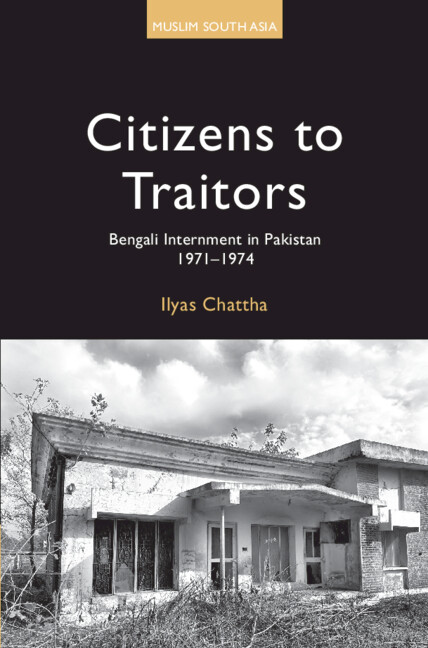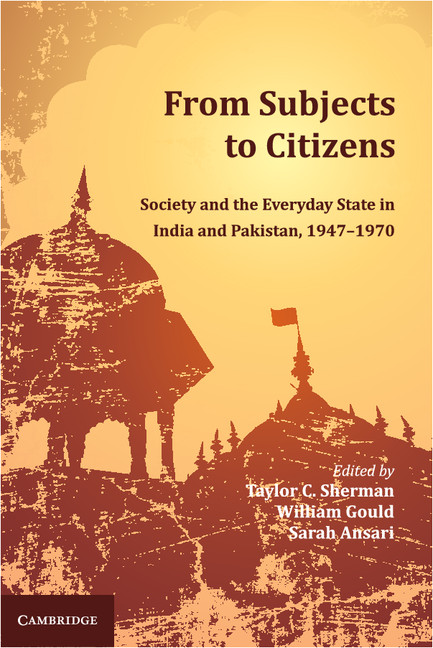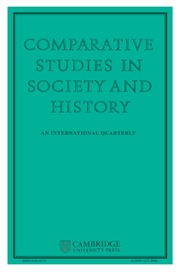Citizens to Traitors
The break-up of Pakistan in 1971 following a bloody civil war and military defeat by India is wrapped in layers of silences, making it difficult to ferret out the truth from the mistruths. The war ended with over 90,000 Pakistani prisoners of war (POWs) captured in East Pakistan–turned-Bangladesh, who were then transferred to Indian custody. Pakistan responded by interning roughly the same number of Bengali co-religionists in West Pakistan as leverage for the return of its captured POWs. Neither group would return home immediately in what arguably became one of the largest cases of mutual mass internment since 1945. Drawing on a wide range of untapped sources, this book traces the trajectory of this crisis of captivity in which the Bengalis found themselves as rightless citizens with 'traitor' and 'enemy' status after the Bangladesh War. Over half a century after the 1971 war, the internment of Bengalis remains a non-event in the most significant political crisis in Pakistan's history. This book explains this silence in the historiography.
- An account of citizenship in the postcolonial state
- Contributes to the scholarship of internments and encampments in conflict situations
- Introduces the the concepts of 'mere life' and 'bare life' theorized by Arendt and Agamben
Reviews & endorsements
‘Based on hitherto unused archival and literary sources as well as interviews with former Bengali government servants and members of their families, who were kept in squalid conditions in camps across Pakistan after the establishment of Bangladesh, the book is a sobering lesson on the vulnerability of internal others. Raising important conceptual questions about identity without belonging and denaturalisation on suspicions of treason, this is a must-read for students of South Asia's post-colonial history.' Ayesha Jalal, Tufts University
‘The period that Bangladesh was East Pakistan and immediately afterwards remains shrouded in relative obscurity in the histories of both Bangladesh and Pakistan today. Citizens to Traitors: Bengali Internment in Pakistan, 1971–1974, a well-researched account of the Bengalis trapped and then interned in Pakistan even after the conclusion of the Bangladesh Liberation War, is a clarion call to reopen that period for study to better understand both countries and their interrelations. One learns a lot about the sovereign power to impose ‘non-judicial punishment' through mass internment upon those deemed internal traitors.' Naveeda Khan, Johns Hopkins University
‘At the heart of this persuasive and highly original account of 1971 are those who were caught in the shadow of a brutal war. It moves back and forth in time, uncovering silences and capturing contradictions and crimes. In his meticulous reconstruction, Ilyas Chattha offers a most comprehensive and insightful treatment of Bengali internment in Pakistan. By doing so, this book contributes to the scholarship of internments and encampments in conflict situations. This book has earned an essential place in the account of South Asian history and politics.' Bina D'Costa, Australian National University
Product details
November 2025Hardback
9781009568241
330 pages
228 × 152 mm
Not yet published - available from November 2025
Table of Contents
- List of Figures
- List of Tables
- Foreword: Ora Phire Elo – Unsteady Return to an Imagined Community Naeem Mohaiemen
- Preface and Acknowledgements
- Note on Transliteration
- List of Abbreviations
- Introduction
- 1. Making of a Traitor: Being Bengali in (West) Pakistan
- 2. Military Encampment
- 3. Civilian Internment
- 4. 'General Repatriation Centres'
- 5. Stranded Bengalis Outside the Camps
- 6. Escape or Die: Heroic Stories
- 7. The Politics of Triangular Repatriation
- Conclusion: Legacies, Meanings, and Memoires
- Glossary
- Bibliography
- Index.










